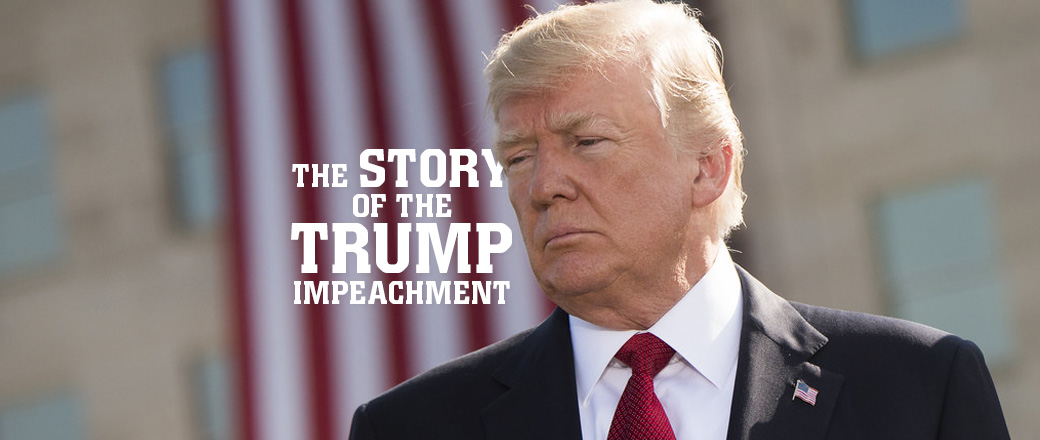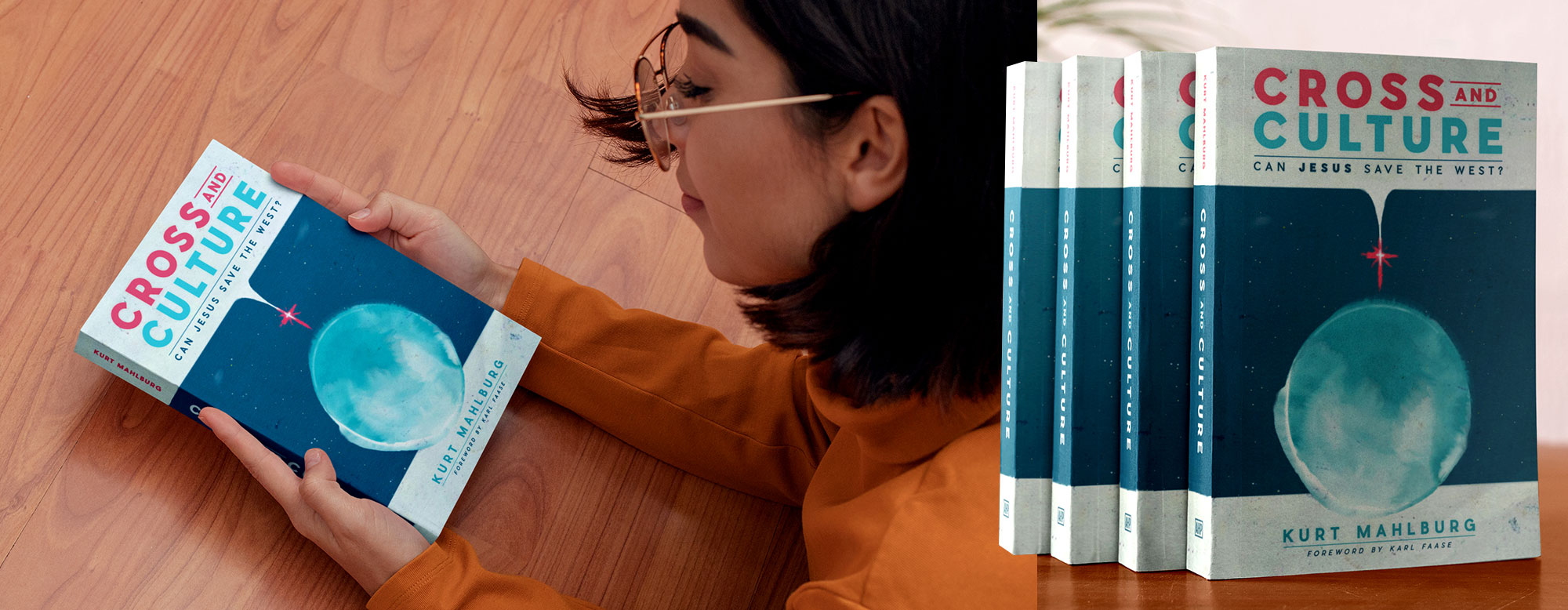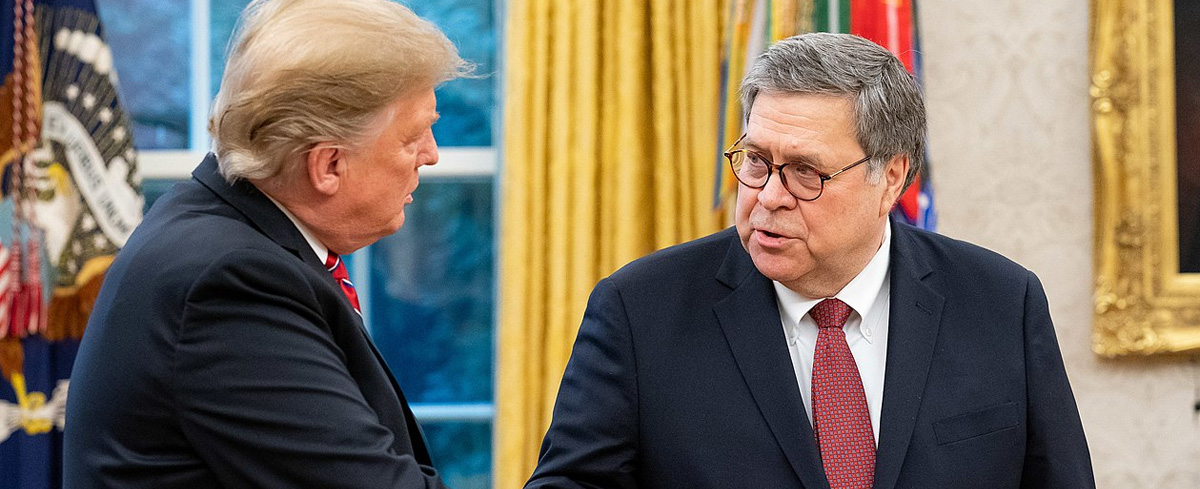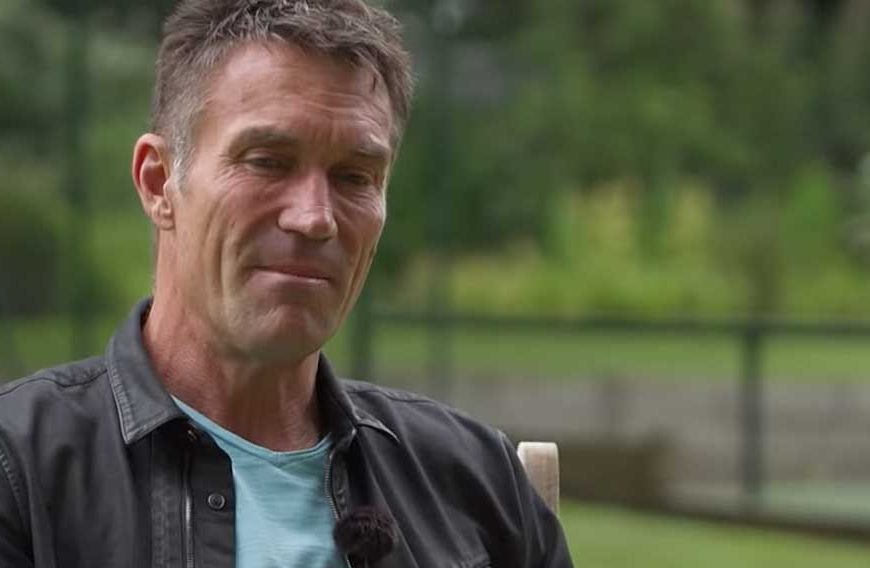Democracy is a very old word. It comes from the Greek words demos meaning ‘the people’ and kratos meaning ‘power’. The opposite of democracy is aristocracy, the power of aristos, your ‘betters’ or, in other words, the nobility.
History has repeatedly been shaped by the endless struggle between the strong who abuse power and the weak who resent it. In the 1800s, for instance, France had a people’s revolution. The commoners rioted. They killed a whole bunch of nobles. They burnt things. Overall they successfully de-fanged their aristos, thus ushering in a new era where the government would be for, by and of the demos! Liberty, Egality, Fraternity! Yay!
Yes, yes, hurray for France. They soon discovered, however, that people who earn their positions of power, rather than being born into them, are nevertheless still powerful people. And as their new government became entrenched in its own systems and momentum, they discovered a new type of power, for which they coined a new phrase: bureau-cracy. The power of unelected officials.
Bureaucracy occurs when government institutions develop which will remain substantially unchanged regardless of the outcome of elections. To the extent that these institutions are isolated from the will of the demos, they have unassailable power all of their own.
This provides a good lens for understanding the Donald Trump impeachment hearings. The current effort to impeach Donald Trump has a complicated back-story, with six parallel threads.
The first thread is recent political history in Ukraine. This thread starts in February 2014, when the President of Ukraine, Yanukovic, was defeated by a popular revolution and fled to Russia. He was replaced by his former minister for trade and economic development, Petro Poroshenko. In a convoluted sequence of interrelated events, Ukraine’s revolution coincided with Russia’s annexation of Crimea which led to the ongoing conflict on that border, in Donbass.
During President Obama’s administration, relations with the besieged Ukraine were led by Vice President Joe Biden, who visited the country six times while in office. The USA provided humanitarian aid for Ukraine’s war, such as blankets and ambulances. They also provided help with the energy sector.
President Yanukovic was renowned for his corruption, which penetrated his whole administration. Many of the his ministers had been wealthy business owners, who took advantage of their positions to effectively steal from Ukraine’s taxpayers and direct the money into their own interests via overseas tax havens.
One example of this was Mykola Zlochevsky. Zlochevsky was minister for natural resources and oversaw granting of petroleum production licences. At the same time, Zlochevsky owned a controlling stake in Ukraine’s largest private petroleum company, Burisma, via businesses that he owned in Cypress. Thus, he was able to grant production licences to his own company, which did quite well during his ministership. It’s difficult to imagine a situation with more obvious potential for corruption.
The new president, Poroshenko, was a Billionaire businessman, but when he came to power he promised to sell his businesses in order to transparently serve the people and root out corruption. Shortly after the revolution, a number of Western countries promised to assist him to recover stolen money that had been invested overseas, hoping generally that the country was going to turn over a new leaf. For example, the UK froze £23m belonging to Zlochevsky when it was about to be transferred to Cyprus shortly after the uprising.
But Poroshenko never sold his businesses. Corruption continued to thrive. The West were hampered by the sluggishness of Ukraine’s own prosecutors to provide assistance. The UK could not continue holding Zlochevsky’s money unless they successfully prosecuted him for obtaining it illegally, so the money was returned to him.
Consequently, one of Joe Biden’s missions as the point-man for Ukraine was to apply pressure on Poroshenko to deliver on his promises to fight corruption. At one stage, this included applying pressure that led to the firing of Ukrainian chief prosecutor, Viktor Shokin. You can easily imagine that in an endemically corrupt country, the epicentre of corruption is likely to lie in the office of the public prosecutor.
In case you didn’t know, Joe Biden likes to tell stories, and finds embellishment is essential to give them suspenseful narratives. As he tells it, he threated to withhold one billion US dollars of aid if Poroshenko didn’t fire Viktor Shokin within six hours before he returned to the US. In reality it took several months, but the substance appears to be true—the firing of Viktor Shokin was a condition for the receipt of US aid. The West also pressured the Ukrainian parliament to set up an anti-corruption bureau and prosecution service during this period.

The second parallel thread is Hunter Biden, the son of the Vice President. In 2014, Zlochevsky appointed Hunter Biden to the board of directors of his gas company, Burisma, for benefits equivalent to a salary of fifty to eighty thousand dollars a month.
That’s a lot of money. So what did Burisma see in Hunter? At that time, his resume didn’t look very good. Only two months earlier, Hunter had been kicked out of the navy reserves because he tested positive for Cocaine. He had zero prior experience in the energy sector. He had co-owned a Hedge Fund with his uncle that they liquidated after the financial crisis. And he didn’t speak Ukrainian.
Likewise, what did Hunter see in Burisma? When he joined the board, they had just become the spotlight of international investigation due to the frozen bank accounts in the UK. Zlochevsky was an obviously shady character in an endemically corrupt country.
Actually, this was exactly the sort of role for Hunter Biden. What Hunter had to offer was years of lobbying experience; in fact, he had launched Seneca Global Advisors, a firm that provided “government consulting, public policy, and political lobbying”. He launched that company in 2008, the same year that his father was running for Vice President.
In joining the board, Hunter Biden was joining his friend Devon Archer. Devon and Hunter co-owned Rosemont Seneca, an investment and advisory firm with significant concerning connections to the Chinese Government.
What does it say about Hunter Biden and Devon Archer, that the two countries they chose to approach with their foreign lobbying prowess were corrupt Ukraine and communist China? In both of these countries, the line between the government and private sector is blurred to the point of invisibility.

The third thread in this story is the USA 2016 presidential election. In 2015, then citizen Donald Trump’s last episode of Celebrity Apprentice went to air, a few months before he announced to the world that he was seeking the Republican Party’s nomination to run for office as president of the United States. Over the next year, he defeated every other republican contender and received the nomination. At the same time, Bernie Sanders faced off against Hillary Clinton for the Democratic Party’s nomination, which Hillary Clinton won.
But neither the republican nor democratic campaigns were smooth-sailing. In 2016, a large set of emails from the Democratic party’s National Committee (DNC) were published on Wiki-leaks. The emails revealed that the DNC had significantly favoured Hillary Clinton over Bernie Sanders, even though it is obliged to be neutral. For this and other reasons, the leak was deeply embarrassing to the DNC. They engaged a private firm called CrowdStrike to investigate the leak and monitor their servers. CrowdStrike analysed the data and reported that there were two attacks on the DNC server, both of which were the work of the Russian government.
In June of 2016, a Washington lobbyist named Paul Manafort offered his experience to serve as Campaign Chairman for Donald Trump. Not long after his appointment, an investigative journalist in Ukraine revealed a hand-written ledger which showed that Paul Manafort had worked in Ukraine for the ‘Party of Regions’, former president Yanukovic’s party, and had received off-the-book payments for his work. Manafort resigned from the Trump campaign leadership after only two months in the role.
To the surprise of most people and all pollsters, Donald Trump won the Presidency. It was not long before Russia was blamed for this upset and it was alleged that, not only had Russia interfered in the election, but Donald Trump had actually worked with Russia to arrange or solicit their interference.
Robert Mueller was appointed to lead a special counsel to investigate whether any collusion occurred. After two years, however, he had found no evidence to support it. A few of Trump’s campaign employees and associates were indicted for mostly minor instances of misleading testimony or (in Manafort’s case) crimes that were committed prior to Donald Trump’s campaign. Undoubtedly the Russians did use cyber methods to interfere in the election. But no evidence was obtained indicating that Trump either solicited, knew of, or welcomed Russia’s support.
During the period of Mueller’s investigation it was found that the FBI had sought a warrant from the FISA (foreign intelligence surveillance act) court to monitor Donald Trump’s campaign. In order to receive this warrant, they had presented a set of evidence supporting their suspicions. One piece of evidence was a Dossier assembled by an MI6 agent named Christopher Steele, claiming that Trump was colluding with Russia. However, the ‘Steele Dossier’ itself was a work of fiction, filled with unsubstantiated claims, unverified when it was submitted. In fact, it later turned out that the dossier was paid for by the DNC itself via a company called Fusion GPS.
Another link in this evidence chain was George Papadopoulos. My ignorant ears found his testimony fascinating, because it appears that he was used for a kind of ‘fact laundering’: First, you take a plausible rumour like ‘Russia has emails that implicate Hillary’. Second, you (professor Mifsud) tell this information to a useful idiot (Papadopoulos) who has revealed he is about to join the Trump campaign. You then arrange for your useful idiot to meet with a foreign intelligence official like, say, Alexander Downer. Alexander Downer then follows protocol and dutifully reports the information back to the CIA. Now your ‘rumour’ has been transformed into ‘intelligence from a foreign ally that a Trump campaign official knows about Russia’s hacking’. Your fact has been laundered and is suitable for a FISA submission.
For the fourth thread, we step back and consider Ukraine’s apparent significance. Ukraine is a magnet with two poles: Russia and the West. Russia considers Ukraine part of its bloc, its “sphere of influence”. It always interferes with Ukraine’s elections, trying to foster Russia-friendly Ukrainian governments like Yanukovic’s. The eastern side of Ukraine is around 75% filled with ethnic Russians and has been since Stalin poured them in there.
The alternative view is that Ukraine should become part of the EU. Ideally, it should also become part of NATO which would compel other NATO countries to protect it from Russia. Ethnic Ukrainians tend to prefer this view—that’s why they ousted Yanukovic. Apparently most Washington bureaucrats take this view also.
Before his election, Donald Trump expressed openly that he was critical of foreign aid in general. Why would the border of Ukraine and Russia be a definitive political issue in Washington, which is miles away? Shouldn’t USA be more concerned about their own border with Mexico? Why doesn’t Europe sort out its own problems? NATO was formed to defeat the USSR and it achieved that forty years ago, so why does it even still exist? And why is the USA the only one still paying for it? These are the types of things that Trump was saying.
To the Ukrainian government, Trump’s attitude would jeopardise their source of aid for the conflict in Donbass. Ukrainian officials were openly opposed to Donald Trump’s candidacy. They derided him in public comments and tweets, didn’t reach out to him the way they did to Hillary, and probably felt confident in this because they were advised that he wouldn’t win. They exposed his campaign manager, Paul Manafort, as we’ve already seen.
In obvious counterpoint to this, Russia probably thought that Donald Trump was a good prospect for the same reasons—he might back off in Ukraine, allowing them to finish the war in Donbass. Perhaps that is why their election interference was favourable to his campaign.
This explains why USA politics was significant to Russia and Ukraine, but why are Russia and Ukraine significant to USA politics? Why is Ukraine policy “critical for USA’s national security”, as has been said repeatedly in the recent impeachment hearings?
Ukraine is stuck between Russia and the EU in more than one way. Russia is a significant supplier of natural gas to the EU, and in turn they rely on that gas to support their economy. Most of the gas is sold through pipelines that cross the Ukraine, which charges a transit fee for the service of transporting it. However, twice in recent decades (in 2006 and 2009) Russia and Ukraine have entered disputes over the gas, which have led to Russia cutting off Ukraine’s gas supply. This, in turn, jeopardised gas supply into the EU.

Since then, Russia and Europe have built pipelines that bypass Ukraine. The Nord Stream pipeline crosses the Baltic Sea to supply direct to Germany. The Sud Stream pipeline project was prevented by Brussels, but would have supplied direct to Italy. The Turk Stream pipeline will sell direct to Turkey. And Nord Stream 2 is being constructed, which will boost the Baltic route’s delivery capacity.
Ukraine and their supporters are concerned that once their country is bypassed entirely, they will be of no further use to Europe and, suffering economically from the loss of their transit fees, will essentially become vassals of Russia. Hence advocacy to scuttle Nord Stream 2.
Consequently, those who oppose Russia’s expansionist aspirations, have also opposed these pipeline projects. They see it as very important that Russia’s border stays where it is. This is why they are keen to support Ukraine. This is ostensibly the reason why USA’s funding and advice delivered by Joe Biden included support for the domestic energy sector in particular.
In late 2018 the US congress approved more funds for aid to Ukraine. This time, they approved military aid, rather than humanitarian aid, though only on a ‘deterrent’ basis. The law granting the aid included a condition that Ukraine make efforts to deal with corruption (just like it did previously with Joe Biden, when he required the firing of the chief prosecutor).
President Trump, however, initially withheld the funding. After his election—perhaps because he had been snubbed by Poroshenko or perhaps because he doesn’t see Eastern Europe as a priority—President Trump remained sceptical of Ukraine and did not developed a good relationship with them.
The fifth thread might be called “the President strikes back”. Though it took more than two years in office, by the end of the Mueller probe Donald Trump had gained an increased foothold in his own administration, and could marshal his Justice and State departments to do some investigations of the other side of the aisle. The Republican-Russian connection had been exhaustively examined, what about the DNC’s connections?
The new Attorney General, William Barr, was disturbed about the FISA warrant and the entire origins of the Mueller probe. After all, literally spying on the Republican Party’s presidential nominee is a big deal. He began to investigate the Steele Dossier and the Mifsud rumour.
In November 2018, the state department also asked Rudi Giuliani (former prosecutor, former New York City mayor, and currently Donald Trump’s personal attorney) to investigate Ukraine. It is not clear to me what the specific trigger was, but Rudy’s interest as the President’s personal attorney was the origins of the Russia collusion allegations, which were likely to be used in an attempt to indict his client.
A few theories were ‘going around’. One was a conspiracy theory that CrowdStrike’s conclusions, which arguably snowballed into the rest of the Russia collusion hoax, were falsifications from the start. There was some shadow over whether the FBI had been able to substantiate CrowdStrike’s conclusions and it was even alleged that Crowdstrike was owned by a Ukrainian and the DNC’s servers were physically in Ukraine.
Rudy apparently found evidence that the Anti-corruption Action Centre (AntAC) had been compiling information about Donald Trump and Paul Manafort and feeding this to the DNC. AntAC is supported by George Soros, whose name is a trigger for any self-respecting right-wing theorist. Did the Ukrainians possibly fabricate the excerpt from Yanukovic’s handwritten ledger that showed payments to Manafort?
Rudy also received testimony from former prosecutor Viktor Shokin, who claims that he wasn’t fired because of what he wasn’t investigating, but what he was investigating. He claims that he was investigating Burisma, which of course could have landed Hunter Biden in trouble, and he was also investigating AntAC.
Donald Trump has referred to these conspiracy theories several times. However, they don’t have much support. Undoubtedly Crowdstrike’s conclusions were beneficial to the DNC. Nevertheless, Crowdstrike’s defence is fairly logical, and the owner of CrowdStrike, Dmitri Alperovitch, is not Ukrainian but was born in Moscow and moved to the USA when he was fourteen. Manafort’s exposure was obviously timed to harm trump. Nevertheless, his work with Yanukovic doesn’t smell very good at all, and seems like a fair thing for an anti-corruption agency like AntAC to pursue. And Viktor Shokin’s testimony provides an interesting alternative narrative, but it’s a case of ‘he said, she said’ and he could easily be lying.
Although those specific theories are questionable, there are also a number of suspicious facts. Ukrainian officials were definitely anti-trump. In fact, in December 2018 a court in Kyiv ruled that the release of the handwritten ledger leading to Manafort’s resignation was illegal and amounted to interference in US elections. However, the ruling was thrown out by an appeals court due to technicalities.
Interestingly, WikiLeaks founder Julian Assange claims that Russia was not his source for the DNC email leaks. The owner of CrowdStrike may not be Ukrainian, but he is a senior fellow at the Atlantic Institute, a Washington think-tank that supports US aid to Ukraine. The day before Donald Trump’s inauguration, Zlochevsky announced a donation to the Atlantic Institute to the tune of $100k.
Shokin may have been fired for his failure to prosecute, but it is interesting that nothing improved under his successor—Zlochevsky/Burisma still haven’t been successfully prosecuted. And Hunter Biden’s enormous salary must have provided some benefit to Burisma back in 2014 when they first engaged him. What was it?
Rudy delivered his report to the state department. He did not conclude that the various theories were true, but that they were worthy of further investigation.
It is unfortunately necessary to say that a cloud now hangs over Rudy Giuliani himself. He is a private citizen who enjoys close proximity to the President but also close proximity to foreign leaders despite neither being on government payroll, nor being registered as a foreign agent. That is a dangerous position to put oneself in. He has made money in Ukraine in consulting. Two key contacts who assisted him with various introductions in his investigations have since been arrested due to their dealings there. Allegedly they tried to convince the government to replace the board of Ukraine’s main state-owned gas company, Naftogaz.
The sixth and final thread starts with the uplifting story of Zelenskiy. In 2015, about the time when Donald Trump quit his role on Celebrity Apprentice, a Ukrainian comedian named Volodymir Zelenskiy began starring in a television show called ‘Servant of the People’, where he acted the role of a history teacher who becomes the president of Ukraine. In a fairy-tale development, two years later he formed a party called ‘Servant of the People’, ran for office and in March of 2019 he won the Presidency of Ukraine for real in a landslide victory.

The parallels between Donald Trump and Zelenskiy are obvious. They both were TV stars. They both utilised social media heavily for their campaigns. They were both political “outsiders”. Effectively, they also both promised to ‘drain the swamp’. Zelenskiy took anti-corruption as a pillar of his campaign. Donald Trump did not refer to corruption as such, but he did rebuke a bureaucracy that was not acting in the interests of the people of America.
When Zelenskiy came to power earlier this year, he sought to establish a good relationship with the USA—he is undoubtedly not pro-Russia. Trump and Zelenskiy had a couple of phone calls; in one of them, President Trump discussed Rudy’s investigation and asked Zelenskiy to ‘look into it’ and to ‘talk with Rudy Giuliani’. He alluded to the various conspiracy theories: CrowdStrike and the former sacking of Viktor Shokin.
After this, a “whistle-blower” raised concerns about the phone call, and framed it in this way: He claimed that Donald Trump was refusing to provide aid to Ukraine unless they investigated his political rival, Joe Biden. In his view, this amounted to colluding with a foreign government to get them to interfere in the upcoming (2020) US election, in which Joe Biden is a presidential candidate.
Despite initially being dismissed by the Justice department, the complaint was later leaked, and eventually led to open, televised impeachment hearings. You may have seen snippets from these over the last few weeks; a parade of American Foreign Service bureaucrats gave testimony before the intelligence committee of congress.
The democrats have tried to find specific evidence of a “quid pro quo” arrangement—that Donald Trump made the provision of military aid conditional on Joe Biden being investigated, which they believe amounts to a high crime.
They released their report earlier this week, and the case sounds strong, especially with the public statements of Mick Mulvaney. However, Mulvaney’s statements pack less of a punch in context, which is probably why they are not extensively quoted in the report.
There are several points that make the argument for impeachment weaker than it looks:
- None of the witnesses so far have testified that Trump had directed them to make the investigation a condition for providing the aid. In fact, Ambassador Sondland testified that trump had told him explicitly that there was ‘no quid pro quo’. Testimony currently supports that the investigation was only a condition for a white-house visit, not for receipt of aid.
- The alleged conditionality didn’t eventuate. President Trump later approved the funding, despite there being no announcement of any investigation into Joe Biden. In fact, you and I wouldn’t even know about Hunter Biden’s dodgy dealings if it weren’t for the whistleblower informing us about the call.
- The delay of the aid was not even mentioned in the phone call, and apparently the Ukrainians did not know that the aid was being withheld at the time of the call. President Trump’s cynicism with regard to foreign aid is well documented, so it is not surprising that he held up the aid.
- Several facts, including Mulvaney’s statements, indicate that Trump’s motives were looking backward to 2016, not forward to 2020: A) The requested investigation was broader than just Joe Biden. Trump also mentioned the DNC server hacking. B) When Rudy began his investigation, Joe Biden was not yet a presidential nominee. C) Joe Biden may not end up being the Democratic candidate and if this was the motive, it would probably make more sense to wait until he is the candidate before announcing the investigation.
- Joe Biden may be a presidential candidate, but he was also a former vice-president. If investigating a political rival were always wrong in principal, then standing for President would be an effective way of gaining legal immunity.
- Donald Trump did not ask Zelenskiy to fabricate evidence or falsify charges against Joe Biden, he only asked him to investigate, or ‘look into it’. It’s hard to make a request for an investigation turn into a high crime.
- Donald Trump was required by law to make the provision of aid conditional on Ukraine demonstrating that they are fighting corruption. It is reasonable that he required an announcement of an investigation, because words can be empty if they are not on the record.
- Zelenskiy was elected as a political outsider on an anti-corruption platform; it is unlikely that he would have needed bribing in order to do an investigation. He has also openly testified that he was not pressured.
- Donald Trump released the phone call transcript. He was and remains unashamed of asking Zelenskiy to assist Rudy Giuliani.
President Trump has certainly not been perfect in all this. He holds onto conspiracy theories past their use-by date. He holds grudges and he is not a ‘details’ man, so he keeps raising the issue of CrowdStrike and the DNC servers, which are unsupported theories. It may have been unwise of him to ask for this investigation… but it is understandable, and it isn’t even close to an impeachable offense.
Also, to be fair, the penchant for conspiracy theories goes both ways. Hillary Clinton believes one of the Democratic candidates is a Russian asset. She openly calls Trump “illegitimate”. The speaker of the house, Nancy Pelosi, has called Trump an “imposter”. Do they seriously think that he stole the Presidency? Was the vote itself rigged?
The lack of wisdom goes both ways also. The impeachment hearings were a ludicrous political move by the democrats. The whole issue is too complicated for the average citizen to bother dissecting all the evidence. And why would they care? The whole situation is just another example of Washington being introspective and sinking its energy into something that won’t improve the lives of USA citizens at all.
What is more, the hearings exposed the swamp. The focus was meant to be the to and fro of the quid pro quo. But it also served to put the bureaucracy on display, with all its agonising hubris.
Consequently, this story teaches a lesson about bureaucracy. The parade of bureaucrats at the impeachment hearings variously described themselves as Ukraine experts, whose job is to develop and implement a complicated and informed Ukraine policy. They described the criticality of Ukraine, in terms of seventy years of USA policy settings. They each expressed their horror at what appeared to be an unconventional back-channel of diplomacy running parallel to the accepted channel. They were individually respectable and impressive (except for “it’s lieutenant colonel please” Vindman).
The more I watched the hearings, the more I realised that behind the whole situation was a basic issue that the private sector knows well: change management. How do you change a culture? How do you shift a collective mindset? There are reams of paper dedicated to this question. Donald Trump’s method has been to act as an internal disruptor—holding up funds, demanding that they convince him why they should be released, sending in his bulldog Rudy, and firing the ambassador…
But why should Trump disrupt the bureaucrats. Shouldn’t he submit to their expertise?
No. If it helps, remember that this same bureaucracy landed us in a war in Iraq on a false premise.
Firstly, their expertise is overrated. For every “expert” who thinks as they do, there’s another “expert” who thinks the opposite. From one perspective, aiding Ukraine and imposing Sanctions on Russia may be wise foreign policy. From another perspective, Russia is currently only the world’s 11th largest economy (60th by GDP per capita) and spends 10% of the USA on its armed forces, so should it really be so high on the USA priority list? Especially compared to China?
Secondly, even experts cannot predict or control the future. For instance, sanctions on Russia have actually driven them towards China. Just this week the two countries announced the ‘Power of Siberia’ gas pipeline, which will reduce Russia’s economic dependence on the EU gas market. Did the “experts” see that coming?
Thirdly, knowledge is not the only input into decision making and can even be detrimental to it; expert knowledge of what is can stifle the imagination of what can be, and bureaucrats are not renowned for creativity. President Trump has been strongly condemned for asking, “What if we could be friends with Russia?” But why not? Wouldn’t it be a good change?
Lastly, and this is the clincher, they were not democratically elected like Trump was. The Bureaucrats didn’t like the idea that the policy could change under the new president. Their policy was 70 years old; it was basically heritage listed. But if an election doesn’t change policy, then you are not living in a democracy. You’re living in a bureaucracy: you have an intransigent invisible government that ignores the interests of the people and fosters scumbags like Hunter Biden—not necessarily out of malice, just out of malaise.
The Democratic Party should rename itself the bureaucratic party; it repeatedly advances a worldview where career government officials put their well-intended fingers in all the pies to shape the world because they think that it needs their shaping influence. Trump and Zelenskiy, for all their flaws and inexperience, represent a movement with great potential. It’s not about the right versus the left, its democracy versus bureaucracy. And it’s important that democracy should win.



















You must be logged in to post a comment.